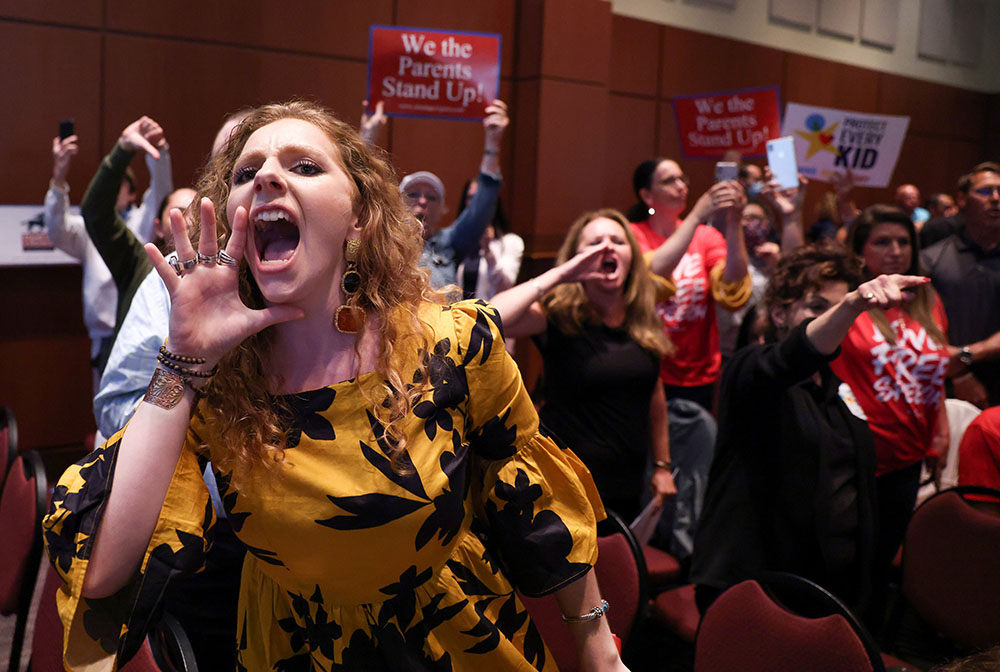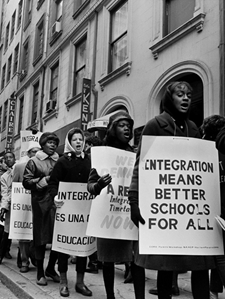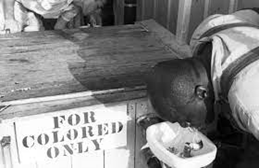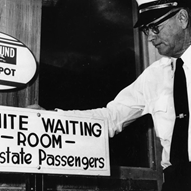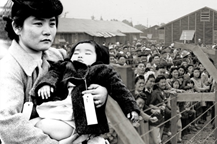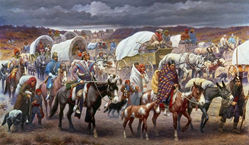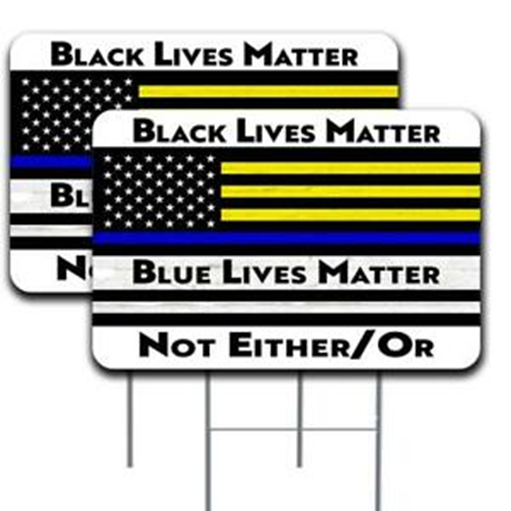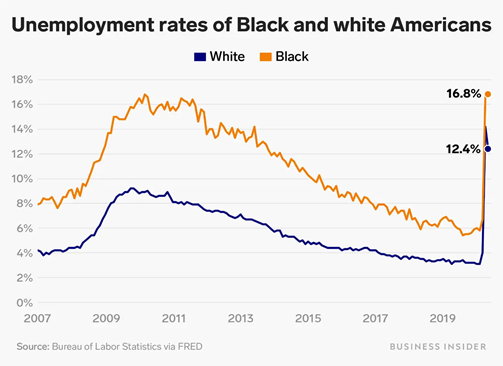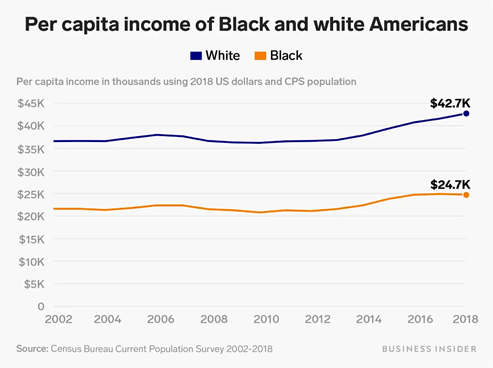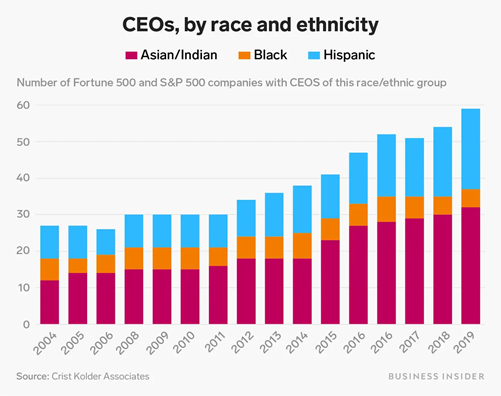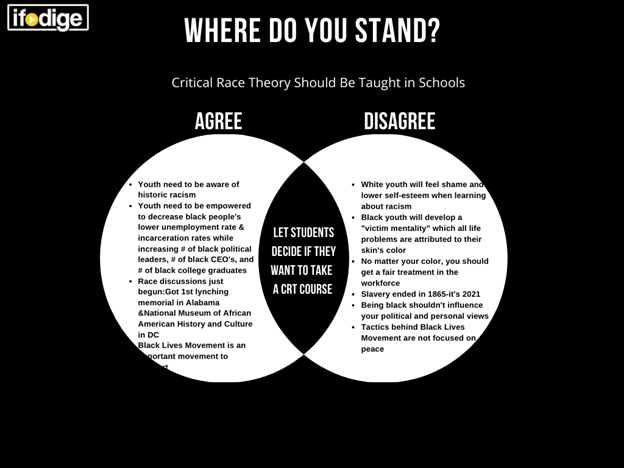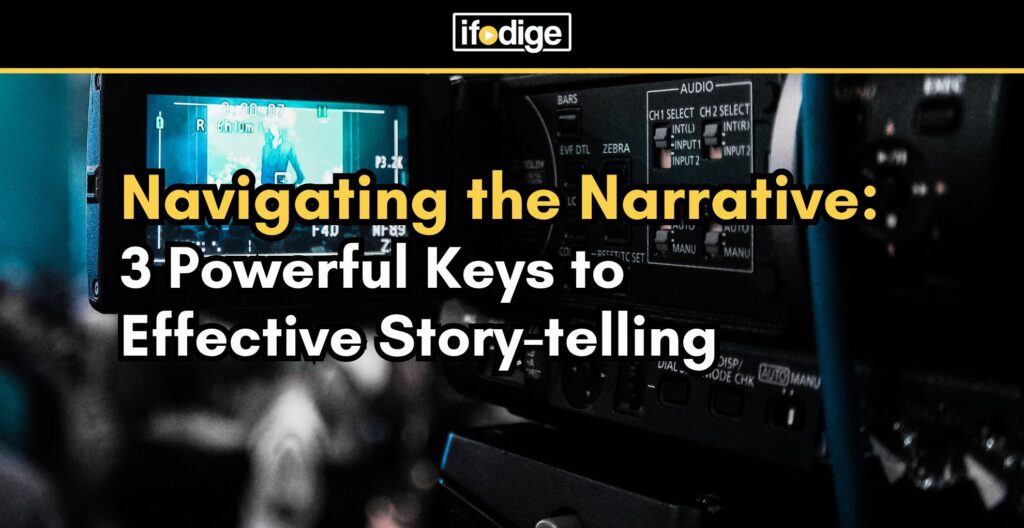Critical race theory is an academic concept greater than 40 years old. The theory is centered on educating how race is a social construct, and that racism doesn’t originate in the individual, but rather has been embedded and fueled in our own legal system and policies.
In the late 1970s and early 1980s, prominent CRT scholars emerged such as Derrick Bell, Kimberlé Crenshaw, and Richard Delgado, among others. Most people are aware of the historic racism against blacks in the form of slavery, police brutality, and harassment by white supremacists, but fewer are aware of the economic barriers that have prevented black people from accessing a fair share and quality of living similar to white people. For instance, in the 1930s, government officials drew lines around areas noted as poor financial risks, often on the sole premise that their inhabitants were black residents. Banks subsequently refused to offer mortgages to Black people in those areas.
Among the topics studied and discussed in CRT include:
- History of racially segregated schools and other public places
- The underfunding of majority-Black and Latino school districts disproportionate disciplining of Black students
- Barriers to gifted programs and selective-admission high schools curricula that reinforce racist ideas.
3 key opposition points to having CRT taught in schools include:
- Young white students can feel shame unnecessarily
- CRT teaches students to live in the past and not focus on the present
- CRT makes black students develop a victim mentality
In a testimony on Thursday to a committee evaluating mental health in Kansas, Rep. Kristey Williams, an Augusta Republican, said, “If you are confronted with the fact that because of the color of your skin you are racist, that can manifest shame.”
Where Kristey Williams is wrong is the fact that true shame has to do with trying to hide history or its impact on the present day. Should we as a country feel shame for racism and unjustified deaths as a result of racism? The answer is yes.
We should also feel shame for how we forced Native Americans off their own land and put Asian Americans especially Japanese-Americans in internment camps following the aftermath of Pearl Harbor.
Should these topics be avoided just because they make us as Americans feel shame? The answer is no.
In a video posted by Middle Ground, black Americans debate many issues such as:
- People need to “get over” slavery
- Being black shouldn’t influence your political view
- Why should we support Black Lives Matter?
All I have to do is walk out my front door and around my suburban block to see that the number of Blue Lives Matter signs dominate in yards over the number of Black Lives Matter signs. To me, the most disturbing part is that I develop preconceived beliefs about these Blue Lives Matter neighbors. Are the Blue Matters Movement neighbors upset because police officer deaths don’t get covered in the news as much? Do they think that black people get special victim treatment that is not given to white police officers? What would they think if I walked past their yard wearing a #BlackLivesMatter t-shirt? Would they curse under their breath, say something derogatory to me, or just ignore me? Would they still say, hi?
I’m not one for putting signs in my yard to attract attention, but if I were, I’d find a sign which combined Blue Lives Matter and Black Lives Matter both in a heart. Might sound sentimental or too wishy-washy like I should be forced to choose between one or the other, but unity is what this world desperately needs right now. Our neighborhoods need to know that police should continue to care about improving Black lives, and that Black people should continue to care about restoring trust in the police and the polices’ lawful oath to protect our communities.
Whether it be black unemployment rates, the low # of black CEO’s in today’s workforce, or the high # of black prisoners, there is a heck of a lot of work still to be done to improve living conditions for Black people across the board. Look at the statistics below:
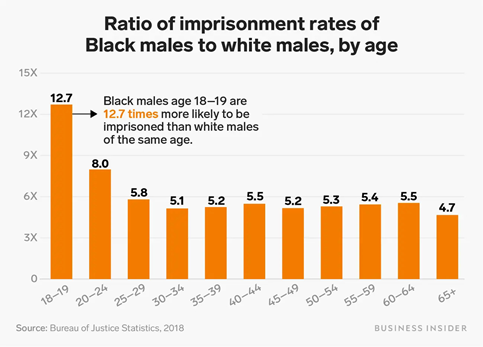
What states have advocated for anti-CRT state legislation? See this list:
- Eight states (Idaho, Oklahoma, Tennessee, Texas, Iowa, New Hampshire, Arizona, and South Carolina) have passed legislation.
- None of the state bills that have passed even actually mention the words “critical race theory” explicitly, with the exception of Idaho.
- The legislations mostly ban the discussion, training, and/or orientation that the U.S. is inherently racist in addition to education about conscious and unconscious bias, privilege, discrimination, and oppression.
- State actors in Montana and South Dakota have denounced CRT teaching concepts. The state school boards in Florida, Georgia, Utah, and Oklahoma introduced new guidelines barring CRT-related discussions. Local school boards in Georgia, North Carolina, Kentucky, and Virginia also criticized CRT.
- Nearly 20 additional states have introduced or plan to introduce similar legislation.
What’s your stance? Should CRT be taught in schools? Let us know in our social posts!

